Daily Archives: May 19, 2012
Blessed Pius IX On “Extra Ecclesiam Nulla Salus”
Pope Pius IX had, among his many gifts, the one of expressing himself in a simple, crystal clear terms. His language and way of presenting the Church’s case are beautiful and instructive reading to this day.
Emphases mine:
“Not without sorrow we have learned that another error, no less destructive, has taken possession of some parts of the Catholic world, and has taken up its abode in the souls of many Catholics who think that one should have good hope of the eternal salvation of all those who have never lived in the true Church of Christ. Therefore, they are wont to ask very often what will be the lot and condition of those who have not submitted in any way to the Catholic faith, and, by bringing forward most vain reasons, they make a response favorable to their false opinion. Far be it from Us, Venerable Brethren, to presume on the limits of the divine mercy which is infinite; far from Us, to wish to scrutinize the hidden counsel and “judgements of God” which are “a great abyss” (Ps. 35.7) and cannot be penetrated by human thought. But, as is Our Apostolic Duty, we wish your episcopal solicitude and vigilance to be aroused, so that you will strive as much as you can to drive form the mind of men that impious and equally fatal opinion, namely, that the way of eternal salvation can be found in any religion whatsoever. May you demonstrate with skill and learning in which you excel, to the people entrusted to your care that the dogmas of the Catholic faith are in no wise opposed to divine mercy and justice.
“For, it must be held by faith that outside the Apostolic Roman Church, no one can be saved; that this is the only ark of salvation; that he who shall not have entered therein will perish in the flood; but, on the other hand, it is necessary to hold for certain that they who labor in ignorance of the true religion, if this ignorance is invincible, will not be held guilty of this in the eyes of God. Now, in truth, who would arrogate so much to himself as to mark the limits of such an ignorance, because of the nature and variety of peoples, regions, innate dispositions, and of so many other things? For, in truth, when released from these corporeal chains ‘we shall see God as He is’ (1 John 3.2), we shall understand perfectly by how close and beautiful a bond divine mercy and justice are united; but as long as we are on earth, weighed down by this mortal mass which blunts the soul, let us hold most firmly that, in accordance with Catholic teaching, there is “one God, one faith, one baptism” (Eph. 4.5); it is unlawful to proceed further in inquiry.
“But, just as the way of charity demands, let us pour forth continual prayers that all nations everywhere may be converted to Christ; and let us be devoted to the common salvation of men in proportion to our strength, ‘for the hand of the Lord is not shortened’ (Isa. 9.1) and the gifts of heavenly grace will not be wanting to those who sincerely wish and ask to be refreshed by this light.”
This is one beautiful example of what I am tempted to call “Italian Catholicism” (there is no Italian Catholicism, of course), as the simple, common sense, practical way of seeing at things that to a Protestant (and if I am frank, to many North Europeans) appears not reconcilable or the fruit of hypocrisy.
The line between “in” and “out” of the Church is obviously not such that can be decided by men; but please observe how wisely this great Pope circumscribes the matter, and in just a short number of sentences pours on us many centuries of Catholic truth.
This is like bucatini cacio e pepe. So simple, and so right.
Mundabor



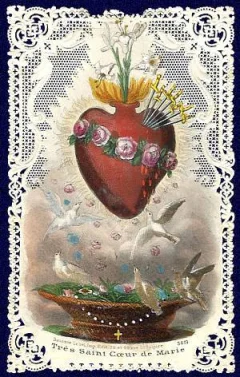


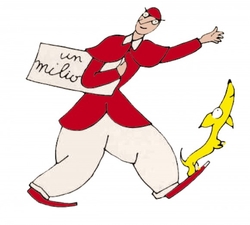

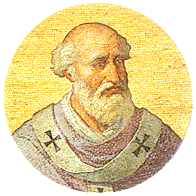
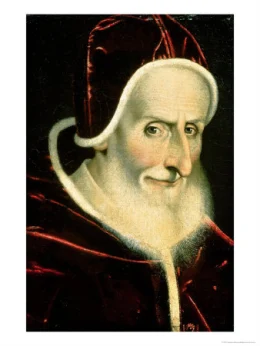
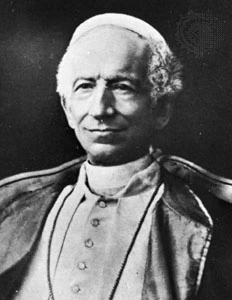







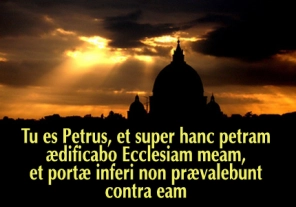


You must be logged in to post a comment.